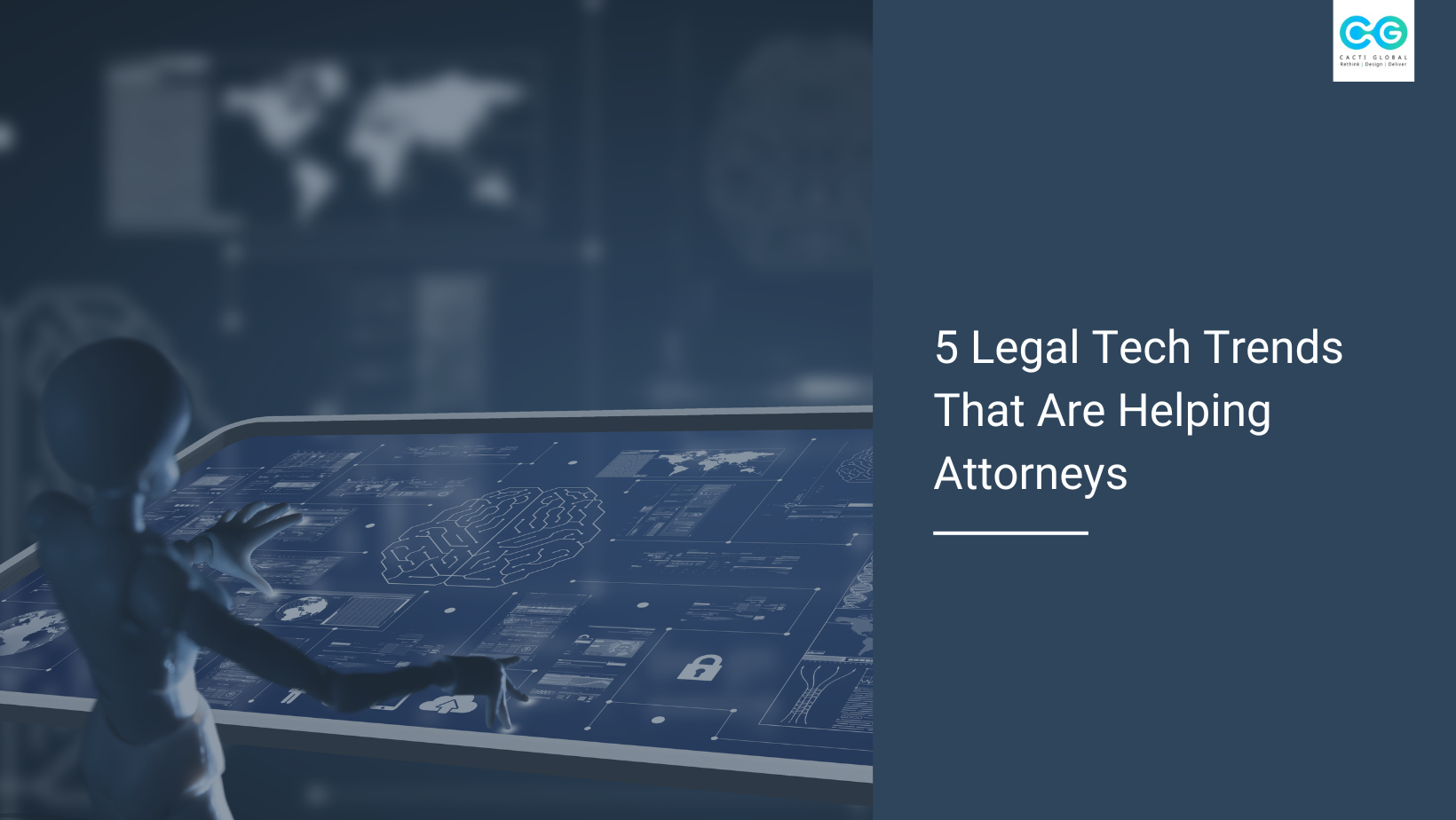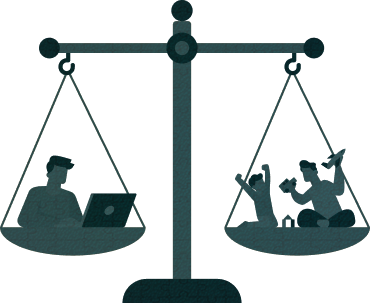The pandemic compelled businesses to increase their spending on legal tech automation. In-house legal departments have been shifting gears since 2020 and in these last 3 years, many players have modernized their legal departments.
There is a direct impact on legal productivity and efficiency due to technological innovations and companies find themselves meeting corporate legal and compliance objectives thanks to these solutions. Below are the top 5 legal tech trends that are making a buzz in 2023:
Legal Case Management Software
Legal case management software helps lawyers organize case files and automate the process of filing court documents. These solutions streamline entire legal pipelines right from drafting to filing and ensure state-of-the-art compliance management with all relevant laws and regulations. Intelligent automation prevents duplicate notices, eliminates repetitive activities, and enables firms to spend more time focusing on productive tasks instead.
In the United States, ECFX has made significant advancements to court systems by adding special handling functions such as drill-down detailed reporting, and automated processing of notices for unknown cases. It has streamlined document management workflows that are tailored to client’s preferences as well.
AI and Legal Analytics
60% of legal departments have incorporated AI and legal analytics for drawing insights and organizing legal data. According to the 2022 HBR Law Department Survey, 30% of legal departments have adopted the use of legal service request tools which has gone up from 19% since the previous year. Lawyers have expressed their interest in using robust automation tools and firms like Uncover and Litigaze are introducing Litigation Management Software that combines AI, deep learning, and Natural Language Processing (NLP) technologies to free up more time, improve productivity, and automatically generate expected timelines for processing the latest events.
Generative AI is being used to generate legal written content for contracts, legal documents, blogs, and other notable sources, thus helping legal professionals reduce their workloads. Open AI’s new language-learning model, GPT-4, proved how AI legal assistants are improving in reasoning abilities by successfully passing the state’s bar exam without human intervention.
AI tools are gaining significant importance since they can help review high volumes of legal documents, identify potential risks, and ensure diligent reporting. The technology also helps with trademark searches, patent analysis, and infringement detection, and is helping attorneys with managing their clients’ intellectual property portfolios.
At Cacti Global, we help companies streamline their Contract Lifecycle. We offer a one-stop solution for legacy migrations, vendor selection, and implementation. The solution helps users to draft contracts through AI and make the contract management process more cost-efficient and accurate. Our Contract Lifecycle Management Services are led by the expertise and experience of our professionals and can be customized as per the industry/ company’s requirements.
Cybersecurity and Legal Communications
Cloud-based instant messaging and VOIP platforms like Telegram are used by law firms to send encrypted messages to clients. These messages self-destruct automatically after being seen and instantly secure communications.
Lawyers are using various security methods to protect their client data from data breaches. File encryption, full disk, and email encryption, intrusion prevention systems, biometric logins, web filtering, and remote device management – are some of the various tools being used in this segment. The pandemic has taught attorneys the importance of working remotely without disrupting business workflows and good cybersecurity practices enable legal professionals to adapt to sound hybrid work environments.
Identity Management
Lawyers are saving a substantial amount of time by leveraging identity and access management services and solutions. Digital ID verification software helps prevent identity theft and startups are using near-field communication-based (NFC) biometric checks for effective digital authentication. Law firms can also perform money laundering checks with these platforms and protect their reputation by enabling stringent client onboarding processes.
Automated Document Reviews
Companies like Deloitte are leveraging cognitive technologies to read and automatically identify relevant information. These legal tech tools facilitate more efficient document reviews and can process all kinds of unstructured information. Natural Language Processing (NLP) models mimic human reasoning and can recognize patterns in files. Advanced machine learning algorithms are used to review wider sets of documents, tag them, and allow users to extract, evaluate, and review valuable information in different ways.











